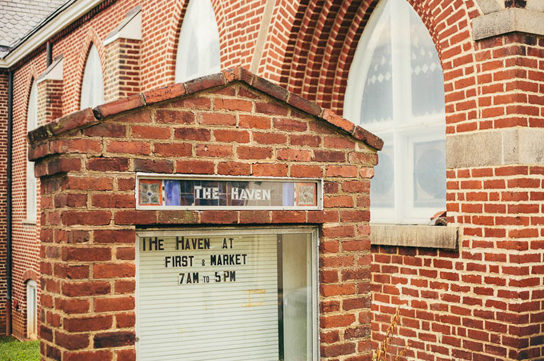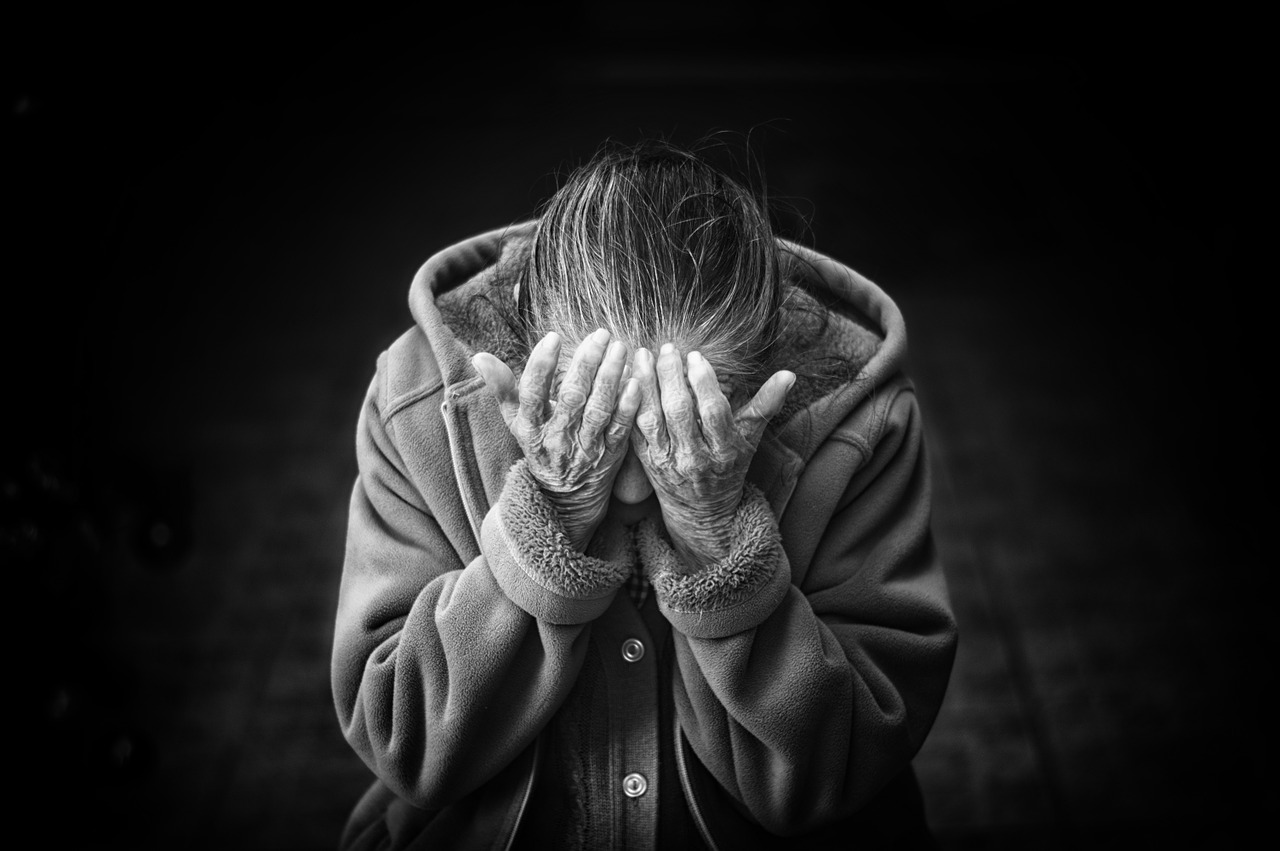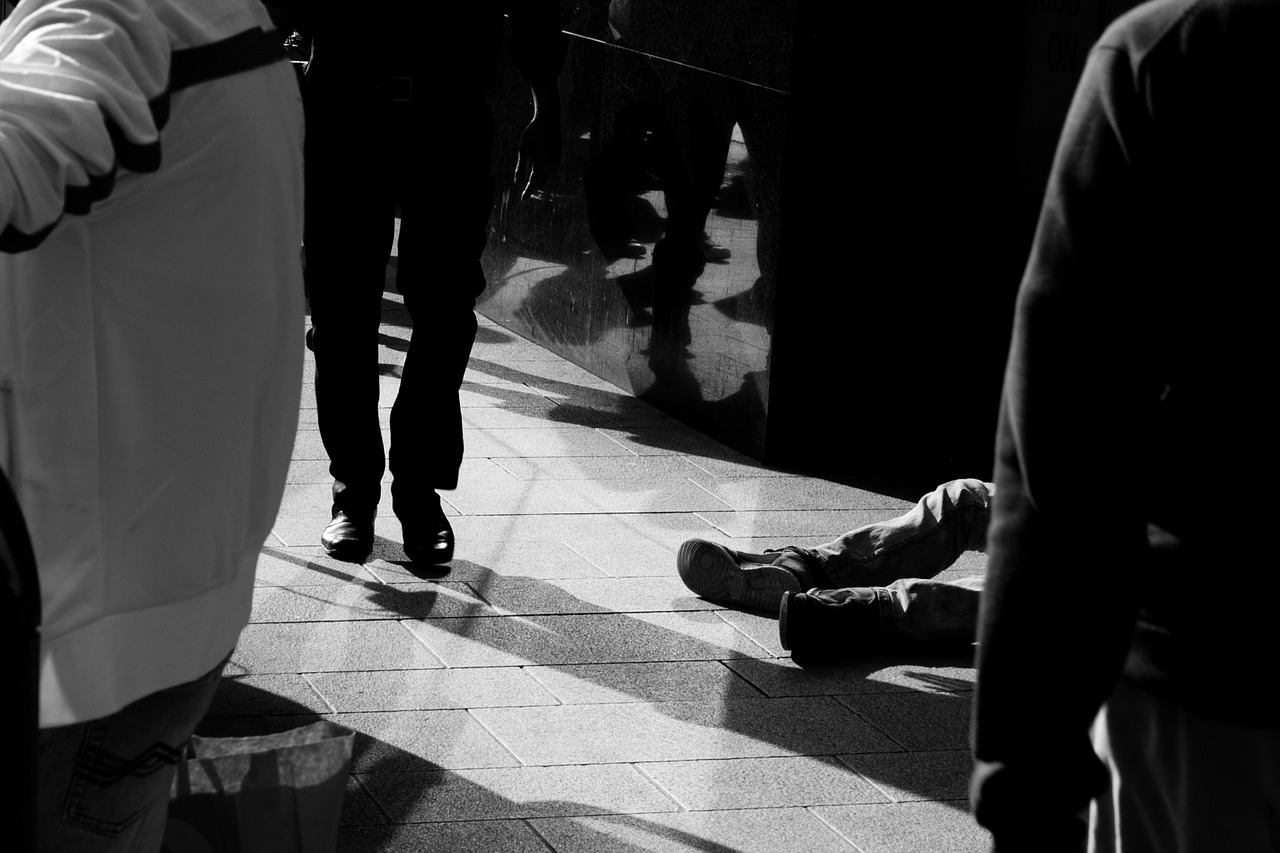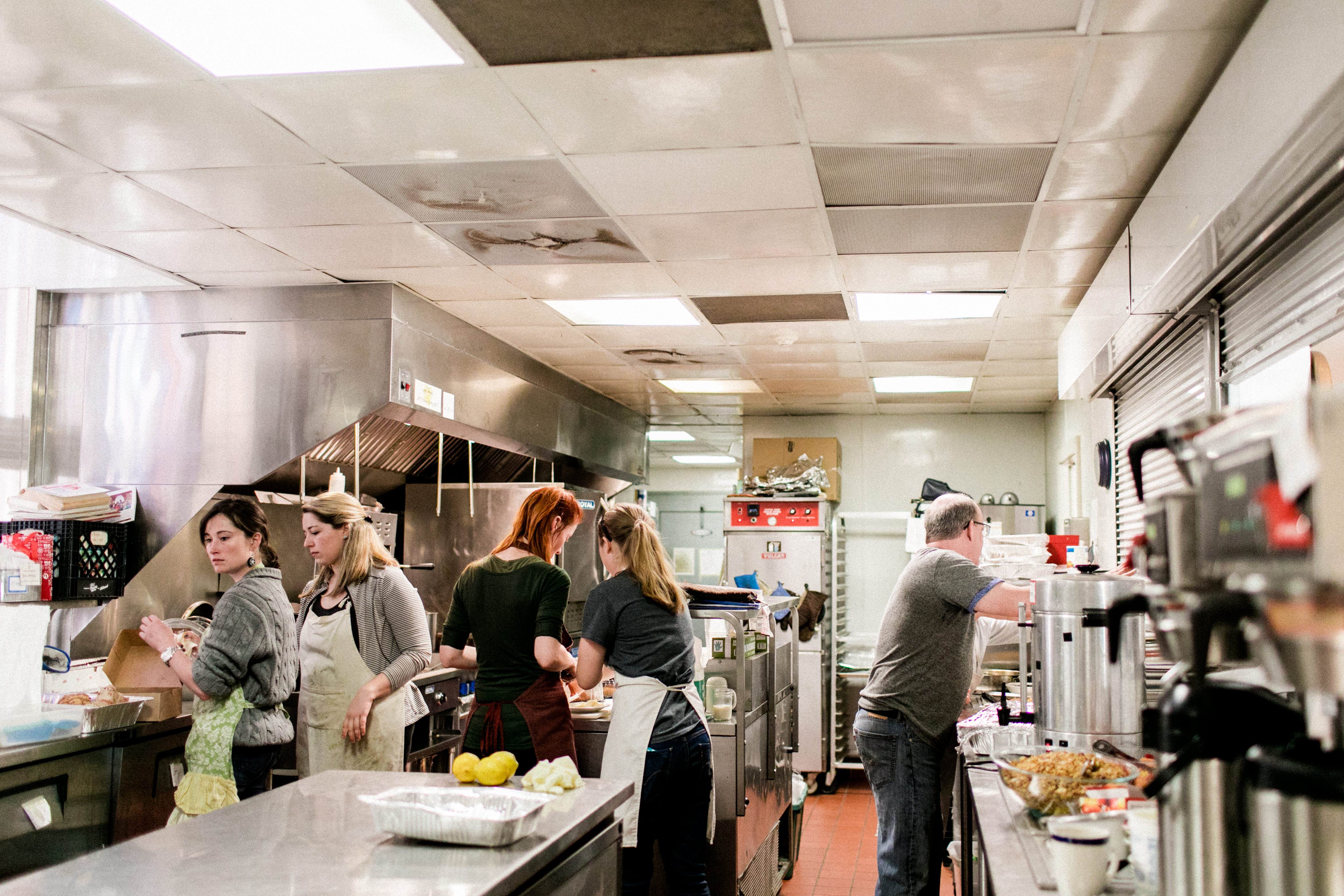A fact of life that all of us good post-modernists know is that reality is relative: a fact that is important to keep in mind when attempting to tell any story, especially someone else’s. Everyone sees and interprets things differently, and to some degree, we will never, ever be able to fully understand another’s point of view. In the book Reading the Bible with the Damned, Bob Ekblad describes his experiences with teaching bible classes and forming relationships with prisoners and illegal immigrants. He describes the differences in our perceptions of reality anecdotally to his students one day. “‘You already know how to see many things I cannot see,’ [he] tells them. ‘You can tell where crack cocaine or heroin is for sale. You know which cars are likely to have stereos worth breaking windows for. You know the telltale signs that alert you to someone from an enemy gang, or an undercover narcotics cop.’” (14). I have to side with Ekblad on this one—if I went outside into the parking lot right now, I wouldn’t know which car would be worth breaking into or not. But it still doesn’t mean I see things exactly the way Ekblad does, and there’s beauty in that, and there’s isolation in that.
I asked my theological mentor about this idea, and he explained that the fact of relativism can be combatted, to a certain extent, by putting ourselves in scenarios that broaden and enhance our ability to see others’ points of view. By interacting with strangers, investigating differences, and putting ourselves into the role of the ‘other,’ we can make our own realities a little bit more comprehensive and closer to a metaphysical, perhaps omniscient sense of ‘holistic truth’ in the world.
Why is this important? In his biblical courses, Ekblad attempts to read the Bible in a way that his students can deeply relate to. This means reading the text as a narrative of setting the oppressed free, of God suffering alongside the prisoners and the damned, of giving ear and story to the ‘least of these.’ An alternative reading to this type of biblical interpretation would include focusing on the triumphs of individual characters, creating heroism in individuals’ unrelenting faith, and picturing Jesus as docile and gentle to all, rather than wrathful and sharp in his criticisms of oppressive wealth systems. The second reading of the Bible tends to be one that the “powerful” in our society often lean toward. But when this is the only message that the poor, the powerless, the prisoners in our society hear, the Bible’s message is deeply unappealing and inaccessible. When Ekblad asks his students how God speaks to humanity, one of his students answers, “through someone like you” (14)—which implicitly means “not through someone like me.” This should fundamentally alarm us. If Christians are to believe that the Bible offers good news to all of humanity, yet the people that society has shunned believe that God shuns them as well, then the message of God that is emerging from our pulpits and pews is clearly not good news to all of humanity.
To circle back, I believe this idea of relativism is one of the core causes of this disconnect between the text of the Bible and its accessibility to all people. If the faithful, the literate faithful, and the privileged faithful are not committed to understanding the experiences of those who are vastly different from themselves, then exclusive theology will be normalized and accepted. We even have reason to believe that this theology would become exclusive to the point of excluding God herself from our theology—and ourselves from eternal life. Matthew says, “Then he will say to those on his left, ‘Depart from me, you who are cursed, into the eternal fire prepared for the devil and his angels. For I was hungry and you gave me nothing to eat, I was thirsty and you gave me nothing to drink, I was a stranger and you did not invite me in, I needed clothes and you did not clothe me, I was sick and in prison and you did not look after me.’ They also will answer, ‘Lord, when did we see you hungry or thirsty or a stranger or needing clothes or sick or in prison, and did not help you?’ He will reply, ‘Truly I tell you, whatever you did not do for one of the least of these, you did not do for me.’ Then they will go away to eternal punishment, but the righteous to eternal life” (Matthew 25:41-46).
Call me an English major, but I believe that intentionally incorporating others’ stories into our lives is the best and truest way to make our theologies as inclusive and comprehensive of the entire Kingdom of God as possible. How to do this? Working at The Haven this summer and interacting with our guests has truly been one of the greatest privileges of my life, and I feel so thankful to have met so many excellent people. Ekblad writes, “As the years go by and I converse with hundreds of individuals convicted of every possible crime, I find my view of people becoming increasingly positive” (24), and I feel the same way after spending the last nine weeks at The Haven. I want to share my experiences with those of you who may be unfamiliar with those who are poor or homeless—but I feel great anxiety about telling their stories truly and rightly. As a person in a certain position of power because of my skin color, abilities, and socioeconomic status, I’ve given quite a bit of thought to how to tell stories well. Any time we try to portray any person, scenario, or story, we make assumptions and decisions concerning our audiences, our subject, and our own ability to write or describe. That imparts responsibility onto the speaker to uphold an assumed trust: to portray truly and honestly—both for the sake of the storyteller’s audience and their subject.
I’ll loop back to the beginning again to make my final point: that ultimately, I can’t encompass the stories and lives I’ve heard this summer on paper. I’ll try, but I deeply hope that you’ll try to experience them yourselves, too. This past week at writing group, we each tried to write the first line of our own autobiographies. It was both a lighthearted yet meaningful experience, and after sharing what we’d written, Angela looked around at us. “I can just tell… we’re not amateurs at this,” she said. She’s right, of course. We’re experts at the story of our own lives. Angela, and all of the others who attend the writing group, don’t need me to tell the stories of their lives: they are ready and able to tell you themselves, if you only give them the time. And we are missing out on such beauty and perspective and expertise if we fail to listen, hear, and pursue greater knowledge and understanding of the reality that we all share. In this, we experience a fuller and truer revelation of the Kingdom of God. Ekblad writes, “Revelation appears to happen precisely when we see that this weak one, this one wrapped in the swaddling clothes of the text, is God’s very self. Through the weak, powerless word and its feeble mediators, the Word becomes flesh and lives among us. The apparently distant God draws close” (92). As we draw near to the lives and stories of the least powerful in our society, we also draw near to the divine, and the fullness of perspective and truth that comes along with Holy presence. I hope that as our guests become further equipped in the sharing of their own stories, they’ll be met with eager ears and open minds, and that each listener will gain a greater perspective of the shared reality of the Kingdom of God.





 I don’t know what your experience with homelessness is. Perhaps you are homeless. Perhaps you’ve never had a conversation with someone who has experienced homelessness. So rather than assume your answer to this question, I’ll tell you mine.
I don’t know what your experience with homelessness is. Perhaps you are homeless. Perhaps you’ve never had a conversation with someone who has experienced homelessness. So rather than assume your answer to this question, I’ll tell you mine. Yesterday, we talked for a while, and it was one of the most humbling experiences I’ve ever had. She expressed her envy that I was a student—she had to drop out of college because of some family financial crises. She hates writing but loves math. She’s smart. She’s fearful that she might be going crazy—that this homeless lifestyle, this constant struggle, this constant instability and struggle might become permanent. Yesterday, she untangled the pesky knots that the dryer puts in the aprons when we wash them. No one had asked her to. No one knew she was doing it. As I watched her, I realized that she would make a much, much better intern than I will ever be.
Yesterday, we talked for a while, and it was one of the most humbling experiences I’ve ever had. She expressed her envy that I was a student—she had to drop out of college because of some family financial crises. She hates writing but loves math. She’s smart. She’s fearful that she might be going crazy—that this homeless lifestyle, this constant struggle, this constant instability and struggle might become permanent. Yesterday, she untangled the pesky knots that the dryer puts in the aprons when we wash them. No one had asked her to. No one knew she was doing it. As I watched her, I realized that she would make a much, much better intern than I will ever be. For the past two weeks, I’ve been busy settling into a routine at The Haven, a multi-service day shelter for people experiencing homelessness and poverty in Charlottesville. Over the course of the summer, I’ll be preparing lots of food, helping manage the structured chaos that is the welcome desk every morning, answering a financial crisis helpline, and helping create a writing program for our guests to enjoy.
For the past two weeks, I’ve been busy settling into a routine at The Haven, a multi-service day shelter for people experiencing homelessness and poverty in Charlottesville. Over the course of the summer, I’ll be preparing lots of food, helping manage the structured chaos that is the welcome desk every morning, answering a financial crisis helpline, and helping create a writing program for our guests to enjoy.